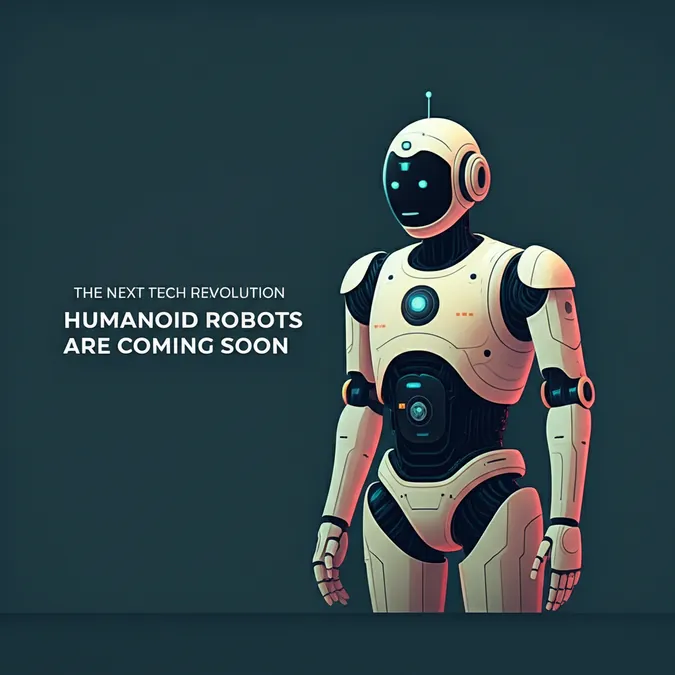Developer Offer
Try ImaginePro API with 50 Free Credits
Build and ship AI-powered visuals with Midjourney, Flux, and more — free credits refresh every month.
Your ChatGPT Data Is Now A Valuable Asset
In an era where large AI companies often face criticism for using vast amounts of user data without clear consent or compensation, a new initiative is looking to fundamentally change that relationship. The ChatGPT Data Collective has been launched to empower users, giving them direct ownership and control over the conversations they have with OpenAI's popular chatbot.
A New Model for Data Ownership
This initiative introduces a system where users are rewarded for their contributions with $GPT tokens. The amount of tokens you receive is determined by both the volume and the quality of the data you share. These tokens are more than just a simple reward; they also serve as a tool for governance.
The project is structured as a decentralized autonomous organization, or DAO. This means the collective is governed by its community of token holders, not by a single corporate entity. This structure ensures that decisions about the project's direction are made collectively. Your data remains encrypted by default until you actively decide to contribute it, and you retain the right to update or delete your information at any time.
How to Participate and What It Means
Getting involved is straightforward. Participants can export their entire ChatGPT history as a .zip file and upload it to the collective. This dataset is rich with information, containing full conversations, your feedback to the AI, and associated metadata like your subscription type and language preferences. This collected data offers deep insights into human-AI interaction, tracking everything from the types of questions people ask to the evolution of tone and curiosity in conversations.
Anna Kazlauskas, the founder of the Vana Foundation which is spearheading the project, emphasizes that the primary goal is to return control to the users. "The ChatGPT Data Collective gives users the power not just to reflect on that data, but to decide how it’s used and valued — putting control and ownership back where it belongs: with the user," she stated.
The collective is positioned as a privacy-first, user-centric alternative to current data practices. Looking ahead, the project envisions developing applications such as personalized journaling features, tools for personal memory analysis, and unique reflective AI experiences built upon an individual's own data.
Related News: In a move that further integrates AI into our digital lives, OpenAI will soon allow users to sign in with ChatGPT on external apps.
Compare Plans & Pricing
Find the plan that matches your workload and unlock full access to ImaginePro.
| Plan | Price | Highlights |
|---|---|---|
| Standard | $8 / month |
|
| Premium | $20 / month |
|
Need custom terms? Talk to us to tailor credits, rate limits, or deployment options.
View All Pricing Details

